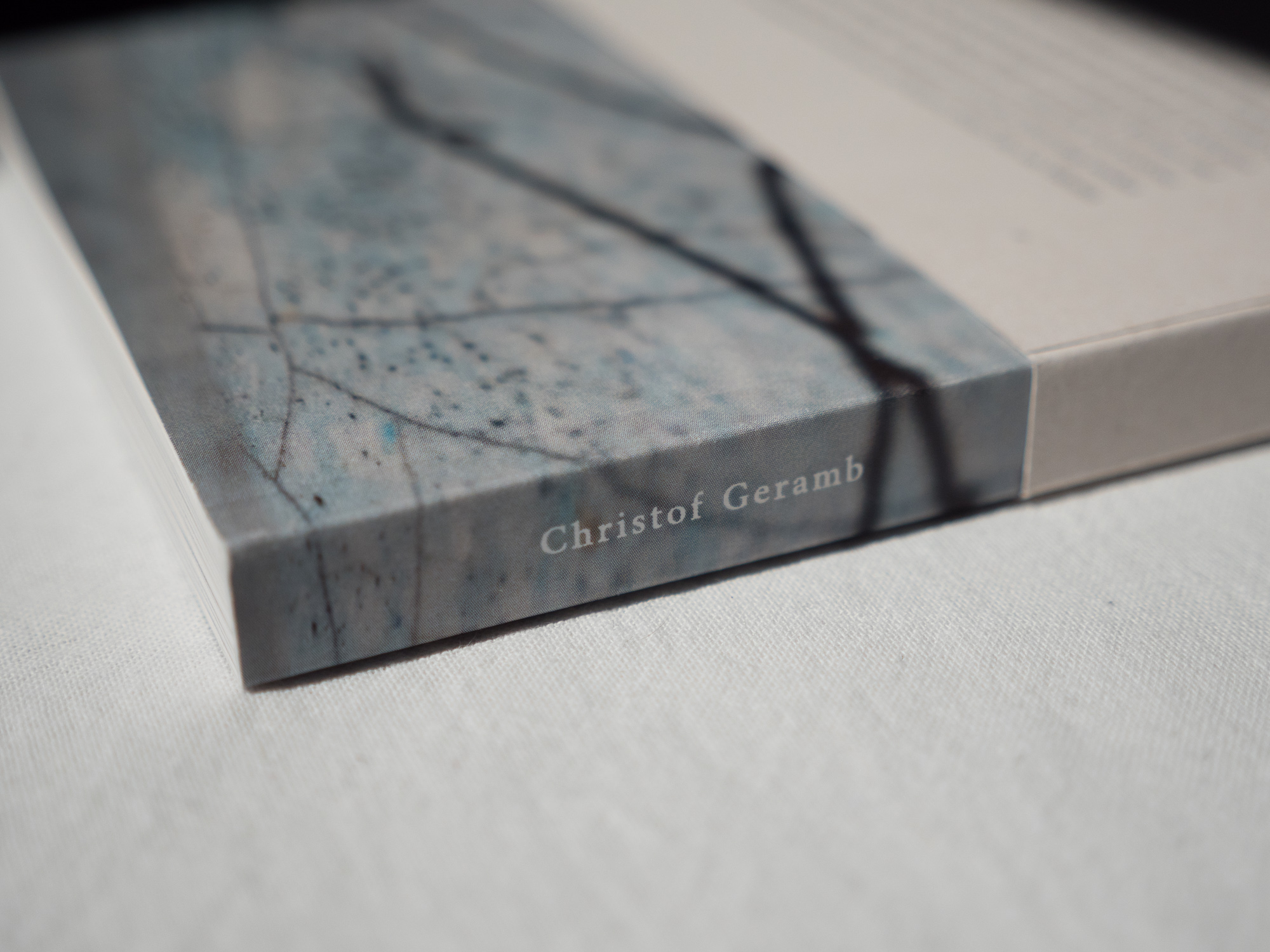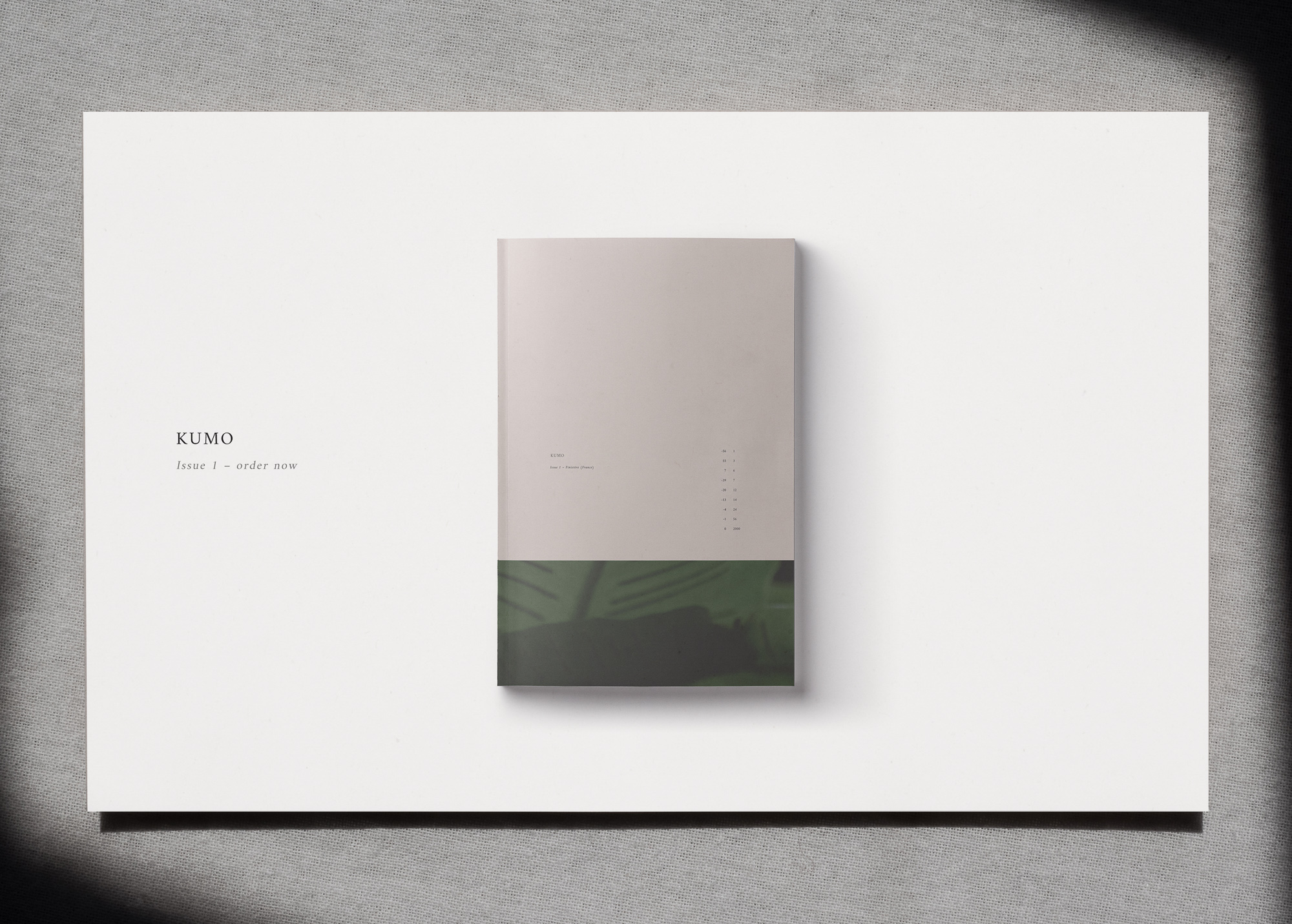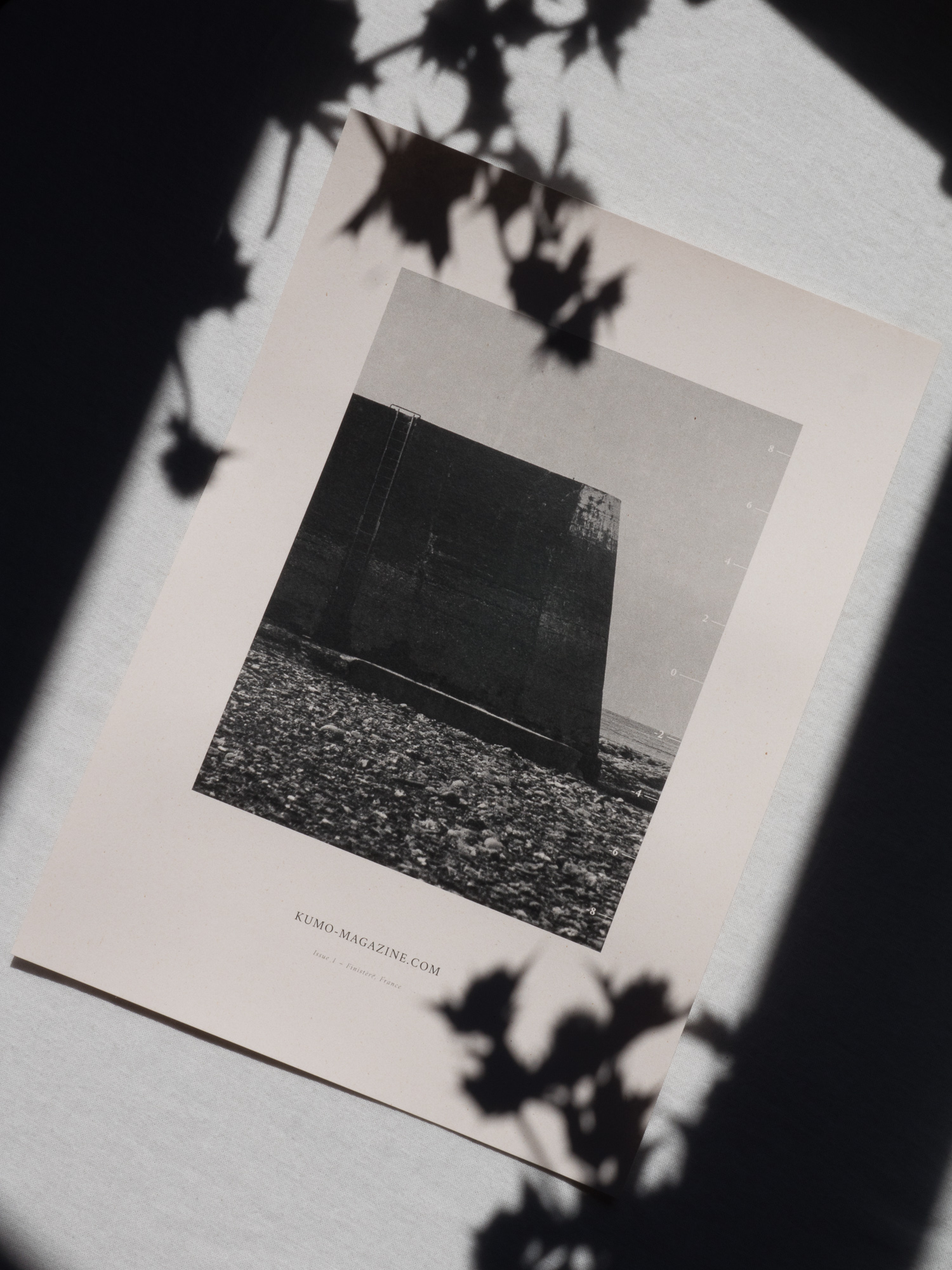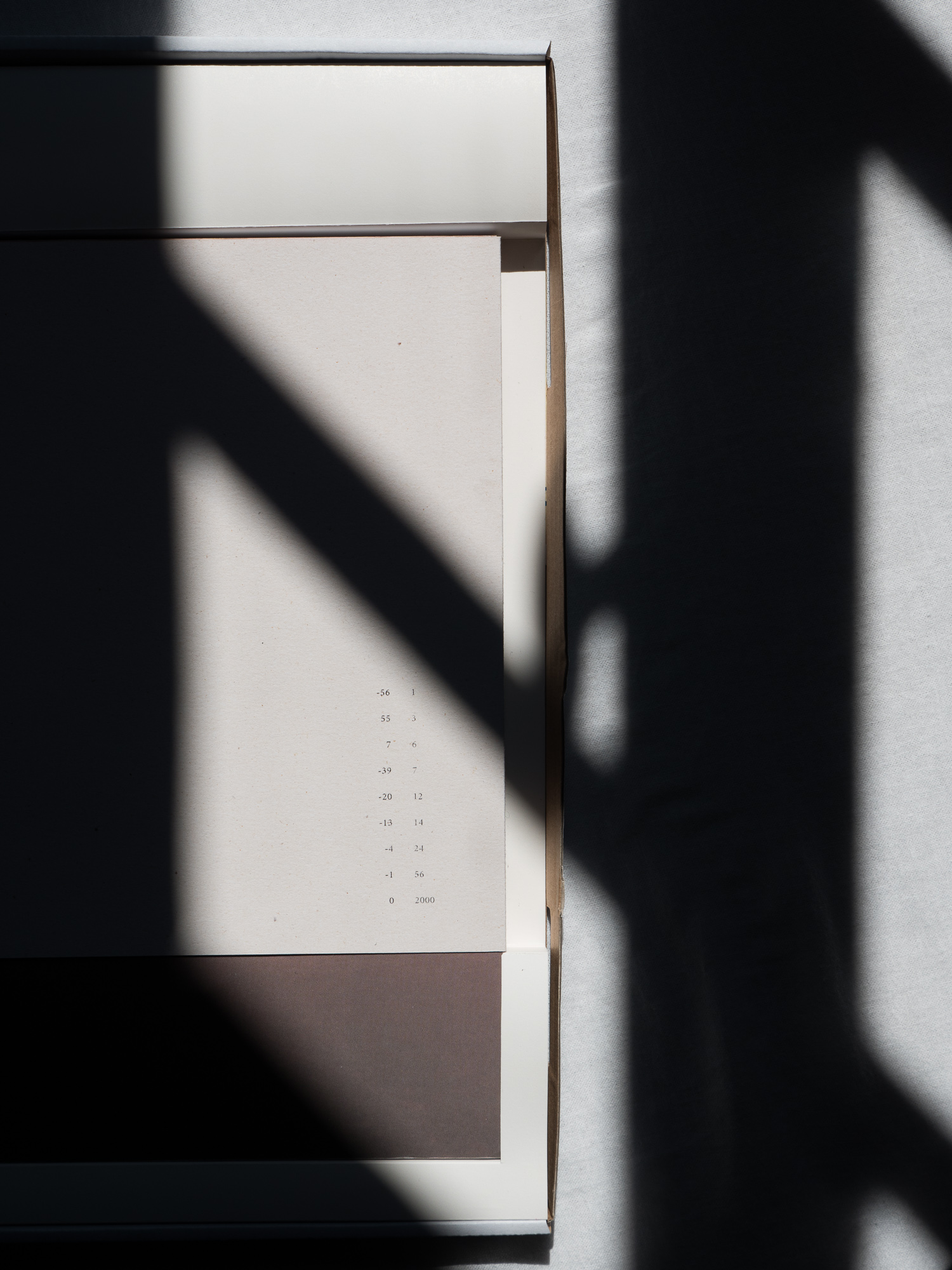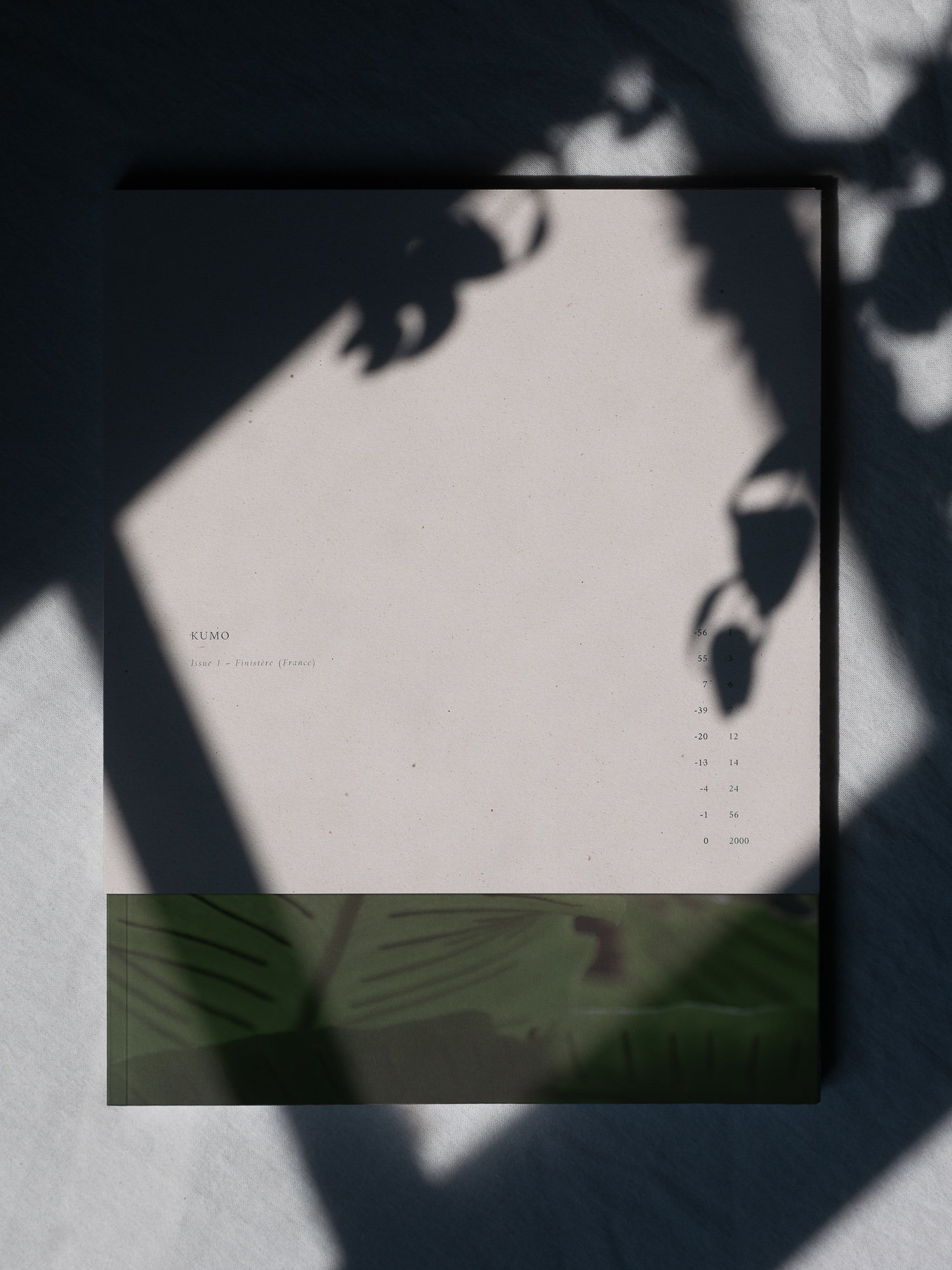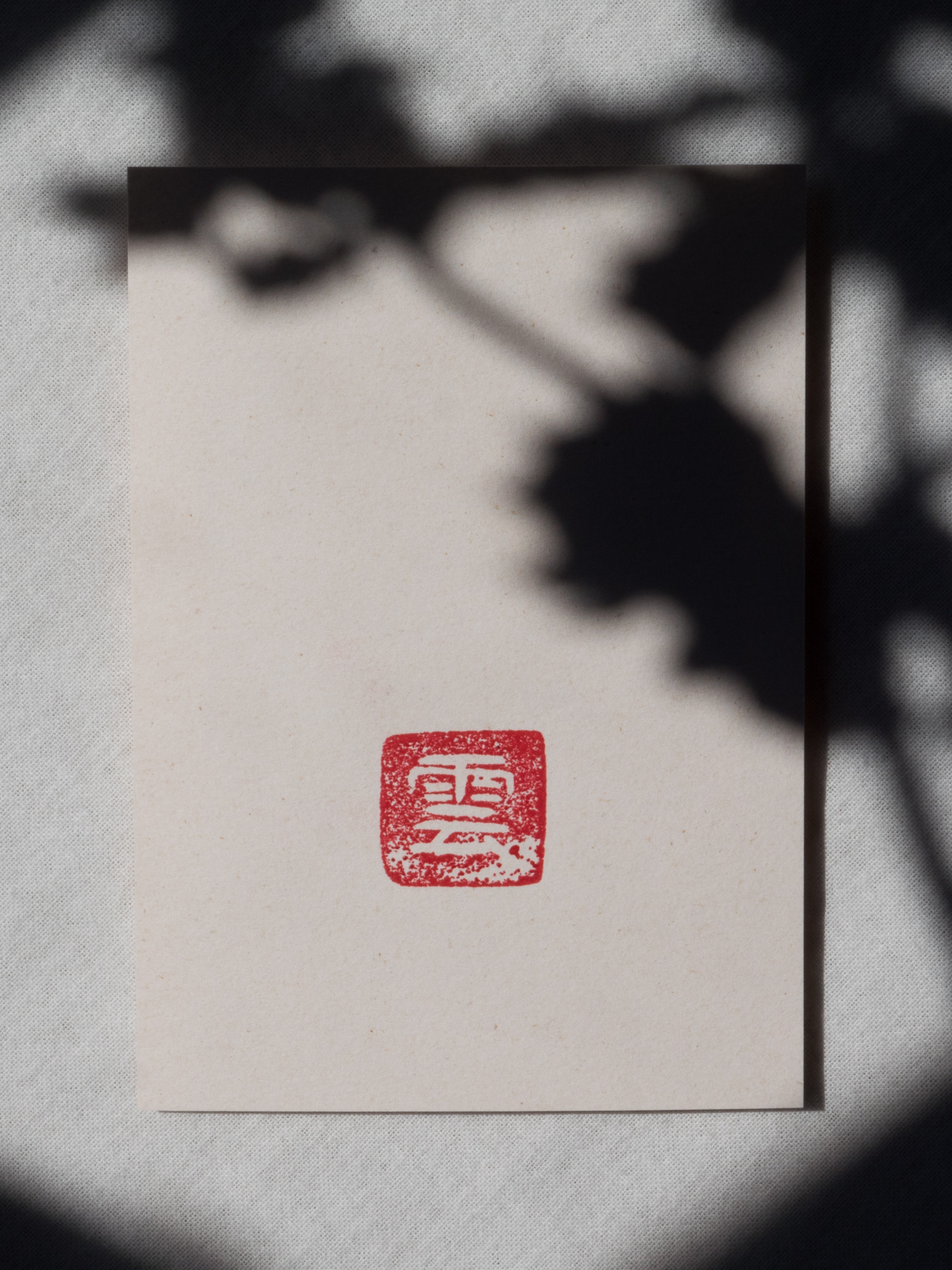When Europeans, no matter if they are amateurs, artists or designers, are asked about the term ‘Wabi Sabi’, they usually react with perplexity. The answer is often the similar sounding paste for sushi, although it hardly has anything to do with the almost most important concept of Japanese aesthetics. It is also extremely difficult for Japanese people to explain Wabi Sabi. Sometimes it is only described as a mentality or even a feeling. However, it is agreed that it is a kind of philosophy or concept of beauty, which is expressed by principles such as minimalism, naturalness and simplicity.
This work gives an overview of traditional and modern applications of Wabi Sabi and particularly discusses the application in Western design. As a practical implementation, principles and methods of this Japanese design attitude are tested. The magazine ‘Kumo’, which is published by Valentin Rudloff and the author of this work, serves as the design basis.








